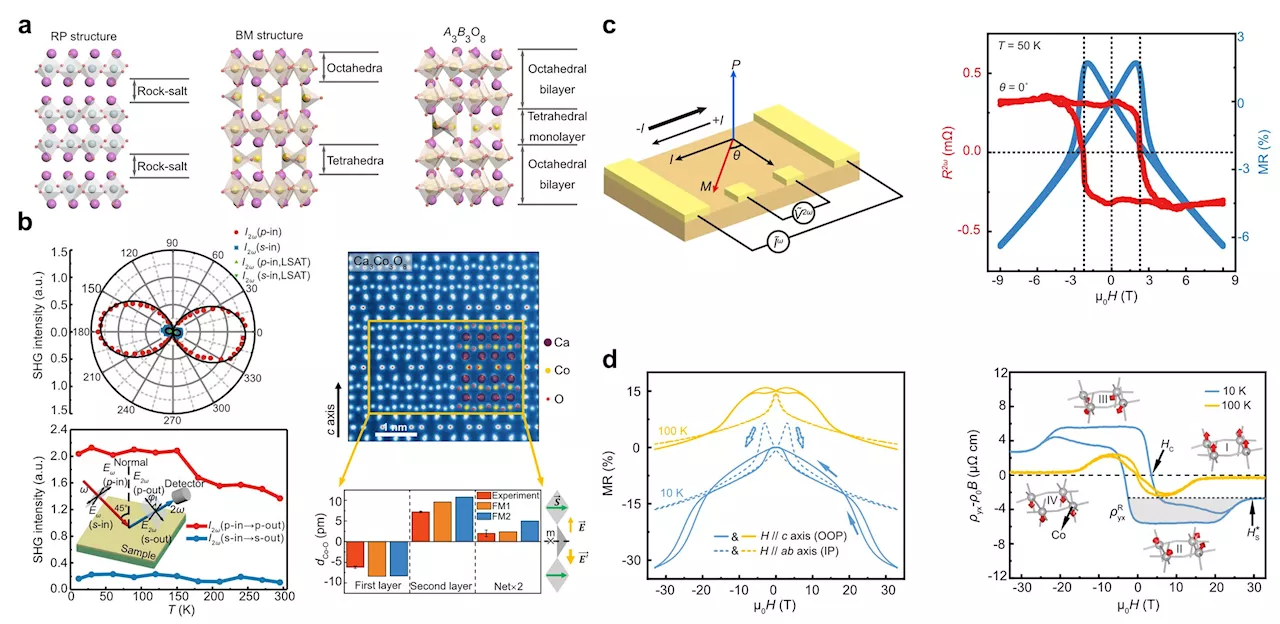Working together to understand the factors which could be used to predict outcome following TBI, researchers examined factors related to social support, health, clinical care, biological markers, acute interventions, and longer-term outcomes.
A team of Australia's leading health researchers has developed a new 'dictionary' to better predict outcomes for people who have experienced a moderate-severe traumatic brain injury .
Consortium lead and Curtin University Deputy Vice-Chancellor, Research Professor Melinda Fitzgerald said predicting each individual's outcome following a TBI was critical -- but also very difficult. "At present, there is no indicator or group of indicators that can sufficiently predict treatment outcome or responsiveness to allow for personalised acute care and rehabilitation for patients with TBI."
Co-author Dr Sarah Hellewell, from Curtin's Faculty of Health Sciences, Curtin Health Innovation Research Institute and the Perron Institute, said providing personalised care to ensure the best outcomes for patients was critical, as TBIs are often catastrophic and have lifelong impact on patients, their families, workplaces, the criminal justice system and society as a whole.
Organisations also involved in the consortium include the Perron Institute, Telethon Kids Institute, Monash University, Griffith University, Deakin University, University of Sydney, University of Queensland, University of Adelaide, University of Melbourne, University of Newcastle, Synapse, Hunter Medical Research Institute, John Hunter Hospital, Brightwater Care Group, The Children's Hospital at Westmead and Epworth HealthCare.Melinda Fitzgerald, Jennie L.
Patient Education And Counseling Health Policy Diseases And Conditions Brain Injury Depression Disorders And Syndromes Mental Health
United States Latest News, United States Headlines
Similar News:You can also read news stories similar to this one that we have collected from other news sources.
 Life Support Withdrawn Too Soon in Severe TBI?Some patients with severe TBI who died because life support was withdrawn may have survived and recovered at least partial independence, new data suggest.
Life Support Withdrawn Too Soon in Severe TBI?Some patients with severe TBI who died because life support was withdrawn may have survived and recovered at least partial independence, new data suggest.
Read more »
 'Shockingly High' Rate of TBI in Older AdultsApproximately one in eight older adults in the United States experiences traumatic brain injury, new data showed. Those with TBI are more likely to be wealthy, women, and White individuals.
'Shockingly High' Rate of TBI in Older AdultsApproximately one in eight older adults in the United States experiences traumatic brain injury, new data showed. Those with TBI are more likely to be wealthy, women, and White individuals.
Read more »
 Researchers create materials with unique combination of stiffness, thermal insulationResearchers have demonstrated the ability to engineer materials that are both stiff and capable of insulating against heat. This combination of properties is extremely unusual and holds promise for a range of applications, such as the development of new thermal insulation coatings for electronic devices.
Researchers create materials with unique combination of stiffness, thermal insulationResearchers have demonstrated the ability to engineer materials that are both stiff and capable of insulating against heat. This combination of properties is extremely unusual and holds promise for a range of applications, such as the development of new thermal insulation coatings for electronic devices.
Read more »
 Researchers develop efficient tandem catalyst to enhance nitrate electroreduction to ammoniaA research team has designed a tandem catalyst to improve the electroreduction of nitrate into ammonia. By coupling Cu single atom catalysts with adjacent Co3O4 nanosheets, the team successfully regulated the adsorption energy of intermediates in the nitrate electroreduction process, promoting the synthesis of ammonia.
Researchers develop efficient tandem catalyst to enhance nitrate electroreduction to ammoniaA research team has designed a tandem catalyst to improve the electroreduction of nitrate into ammonia. By coupling Cu single atom catalysts with adjacent Co3O4 nanosheets, the team successfully regulated the adsorption energy of intermediates in the nitrate electroreduction process, promoting the synthesis of ammonia.
Read more »
 Researchers find high magnetic field facilitates novel intrinsic ferromagnetic polar metalsResearchers have designed a novel oxide material, Ca3Co3O8, through atomic precision manipulation of correlated oxides. It demonstrated a remarkable combination of properties—ferromagnetism, polar distortion and metallicity, which shines a spotlight on polar metals and sparks significant scientific interest.
Researchers find high magnetic field facilitates novel intrinsic ferromagnetic polar metalsResearchers have designed a novel oxide material, Ca3Co3O8, through atomic precision manipulation of correlated oxides. It demonstrated a remarkable combination of properties—ferromagnetism, polar distortion and metallicity, which shines a spotlight on polar metals and sparks significant scientific interest.
Read more »
 Satoshi-Era Bitcoin Wallet Hacked by Researchers to Unlock Massive FortuneProminent hardware hacker Joe Grand has managed to gain access to a software wallet
Satoshi-Era Bitcoin Wallet Hacked by Researchers to Unlock Massive FortuneProminent hardware hacker Joe Grand has managed to gain access to a software wallet
Read more »
